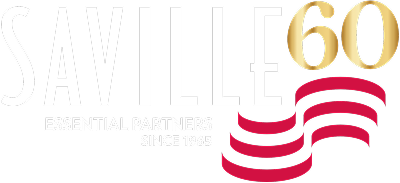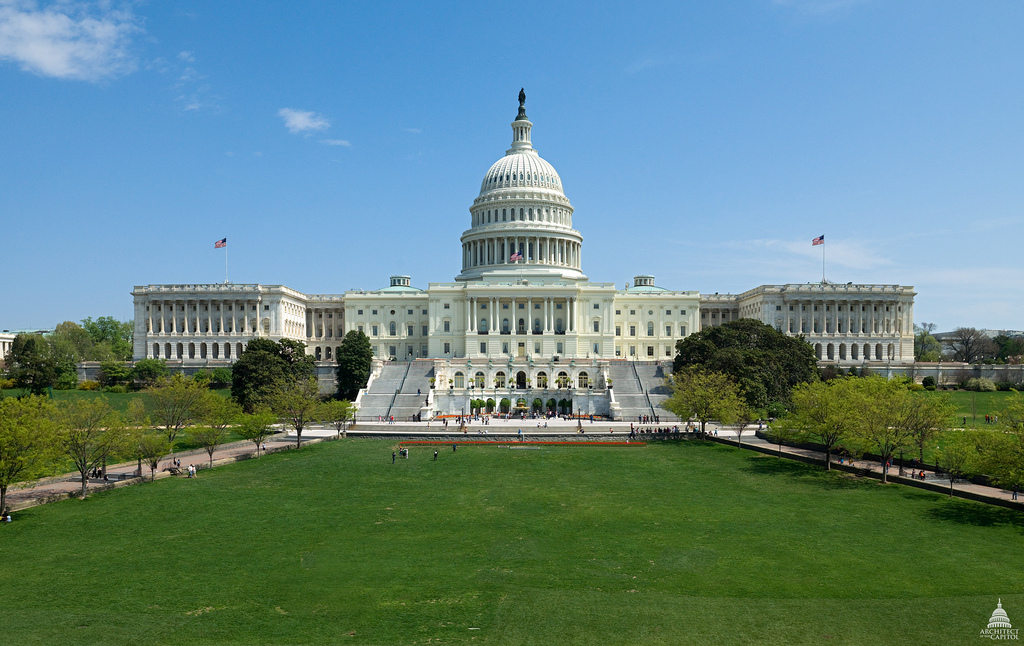One of the most significant features of the SBA’s Paycheck Protection Program is the forgiveness provision—the loans become grants for companies that use the loans to maintain their workforce levels. Companies that have met the requirements need to fill out a form and follow the instructions carefully—they include several measures to reduce compliance burdens and simplify the process for borrowers, including:
- Options for borrowers to calculate payroll costs using an “alternative payroll covered period” that aligns with borrowers’ regular payroll cycles.
- Flexibility to include eligible payroll and non-payroll expenses paid or incurred during the eight-week period after receiving their PPP loan.
- Step-by-step instructions on how to perform the calculations required by the CARES Act to confirm eligibility for loan forgiveness.
- Implementation of statutory exemptions from loan forgiveness reduction based on rehiring by June 30.
- Addition of a new exemption from the loan forgiveness reduction for borrowers who have made a good-faith, written offer to rehire workers that was declined.
The application requires extensive information about your business and the loan, so be sure to have your paperwork ready as you begin.

